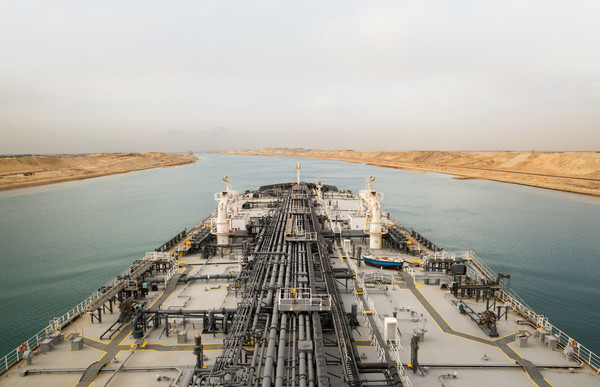Almost everything we do in the shipping sector is conditioned by geopolitical developments, whether in the Red Sea, supply chain difficulties in the Bab-el-Mandab strait or the ongoing conflict in Ukraine.
Central to this is the application of international sanctions. Sanctions can be an effective but sometimes blunt policy tool. They portray a government as decisive, politically active, whilst risking less in terms of political capital, collateral damage and overall expense compared to military interventions.
The May 2020 Sanctions Advisory by OFAC, the Department of State and the US Coast Guard was perhaps the most important sanctions development for marine insurers in recent years and it is clear that OFAC’s influence and regulatory reach means all stakeholders, not just those with US origins, need to be aware of what comes next.
The current conflicts have given increased definition to the application of sanctions. At an IUMI webinar in January, Claire Grunewald from OFAC majored on the recent Russian Oil Price Cap guidance, supply chains advice and alerts on possible OPC evasions, most recently on 1 February. We have seen targeted measures at entities deemed to be breaching the OPC requirements – the designation of Sovcomflot and Hennesea Holdings being recent examples – and also against interests in the Red Sea.
OFAC sanctions are increasingly co-ordinated with other jurisdictions, notably the EU and UK. In principle, a consistent approach is welcomed by insurers operating globally. That said, there are always nuances and inconsistencies in the practical application of sanctions and these have added to the compliance complexity for insurers.
Nonetheless, insurers have stepped up to meet these challenges. Checks to avoid insuring sanctioned entities or paying claims and sanctions exclusion clauses are standard. More specifically, attestation clauses targeting the OPC requirements safeguard insurers, on a per voyage basis, against inadvertently providing cover for oil trades operating above the price cap. These have worked effectively and proportionately recognise the role of insurers and level of knowledge in the underlying trade. They were developed with regulators and this increased engagement remains important and valuable for insurers.
Insurers remain vigilant towards their legal obligations and are committed to providing clients with the protection they need to competitively operate. Sanctions and geopolitics continue to challenge this basic function, so it remains a delicate balancing act for shippers and insurers alike. It’s nothing new, but the challenge is becoming ever more difficult.
